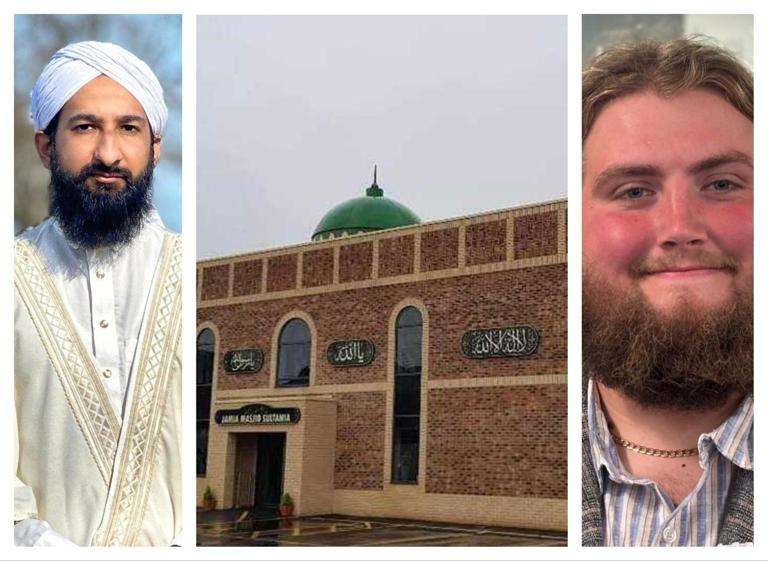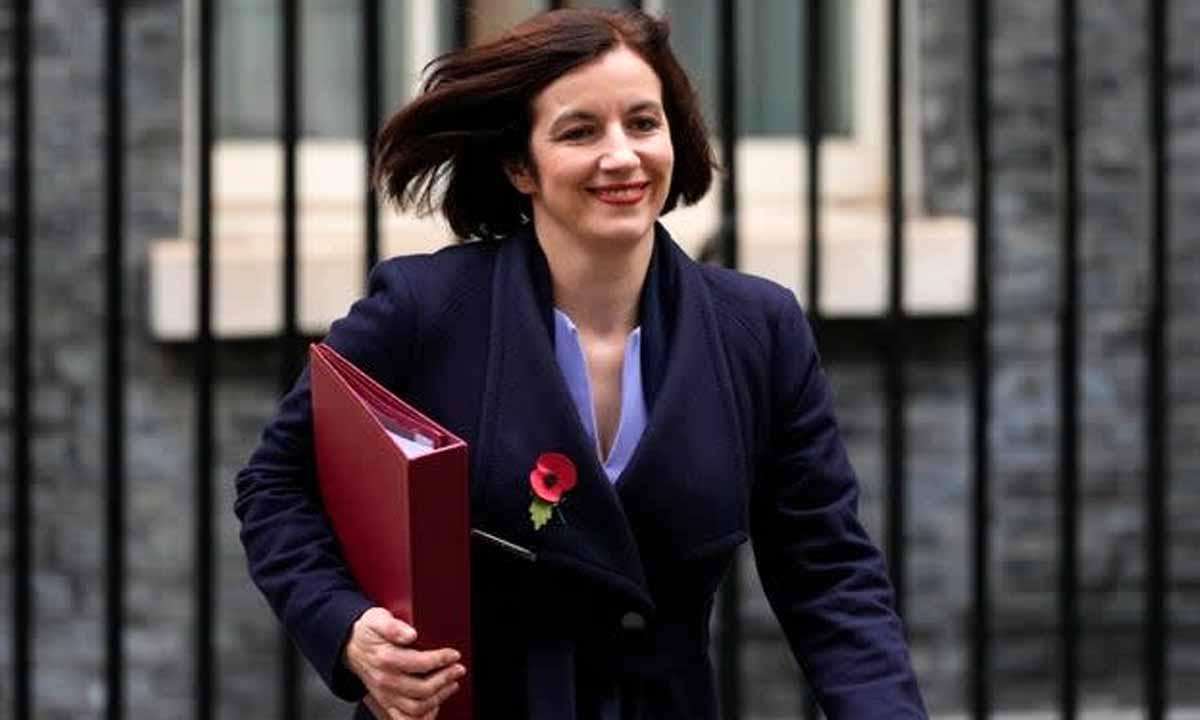Equalities Minister Bridget Phillipson's suggestion that transgender women use male restrooms has ignited a fierce debate, particularly within Muslim and South Asian communities, following a Supreme Court ruling clarifying the definition of biological sex in the 2010 Equality Act. Phillipson's assertion, aiming to protect single-sex spaces, especially for vulnerable women, has been met with complex reactions. The Supreme Court ruling, while defining "woman" by biological sex, also allows for the exclusion of trans women with gender recognition certificates from single-sex spaces if deemed proportionate. However, former Supreme Court judge Jonathan Sumption has warned against misinterpretations, clarifying the ruling didn't mandate single-sex spaces but simply defined "sex."
Within Muslim communities, varying interpretations of Islamic principles concerning gender segregation have led to concerns about potential conflicts with Phillipson's stance. Some community leaders advocate for dialogue to balance transgender rights with religious sensitivities, while others emphasize compassion and inclusivity. Similarly, South Asian communities, with their diverse cultural and religious backgrounds, are grappling with the evolving understanding of gender identity. Concerns about familial honor, social stigma, and the privacy of female family members are prominent. The minister's comments have also reignited a broader societal debate about balancing transgender rights with the protection of single-sex spaces, dividing women's rights organizations and forcing businesses to navigate complex legal and ethical considerations. The situation remains fluid, demanding a balanced approach that respects all individuals' rights and concerns.

_8.jpg)

_7.jpg)




.svg)


